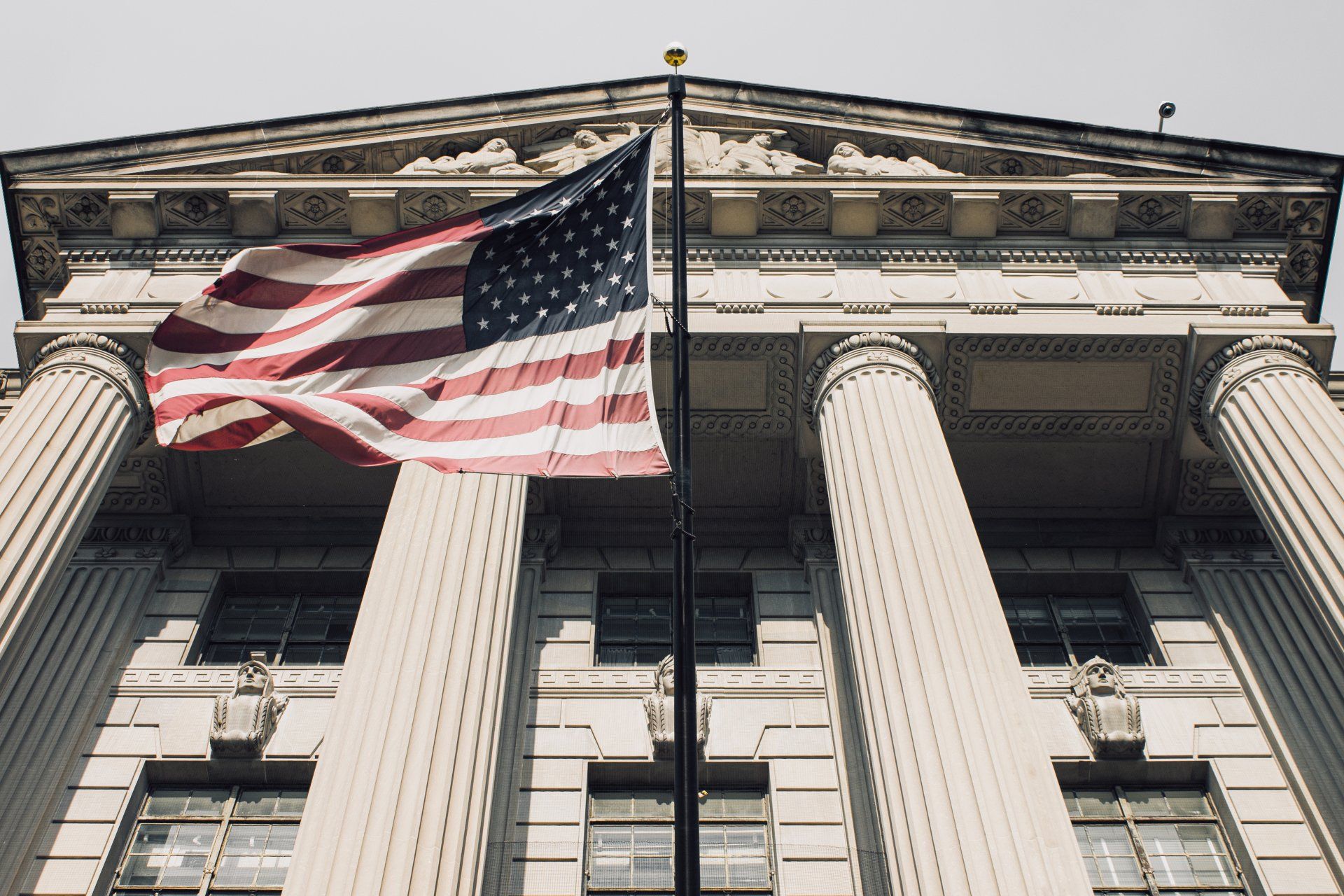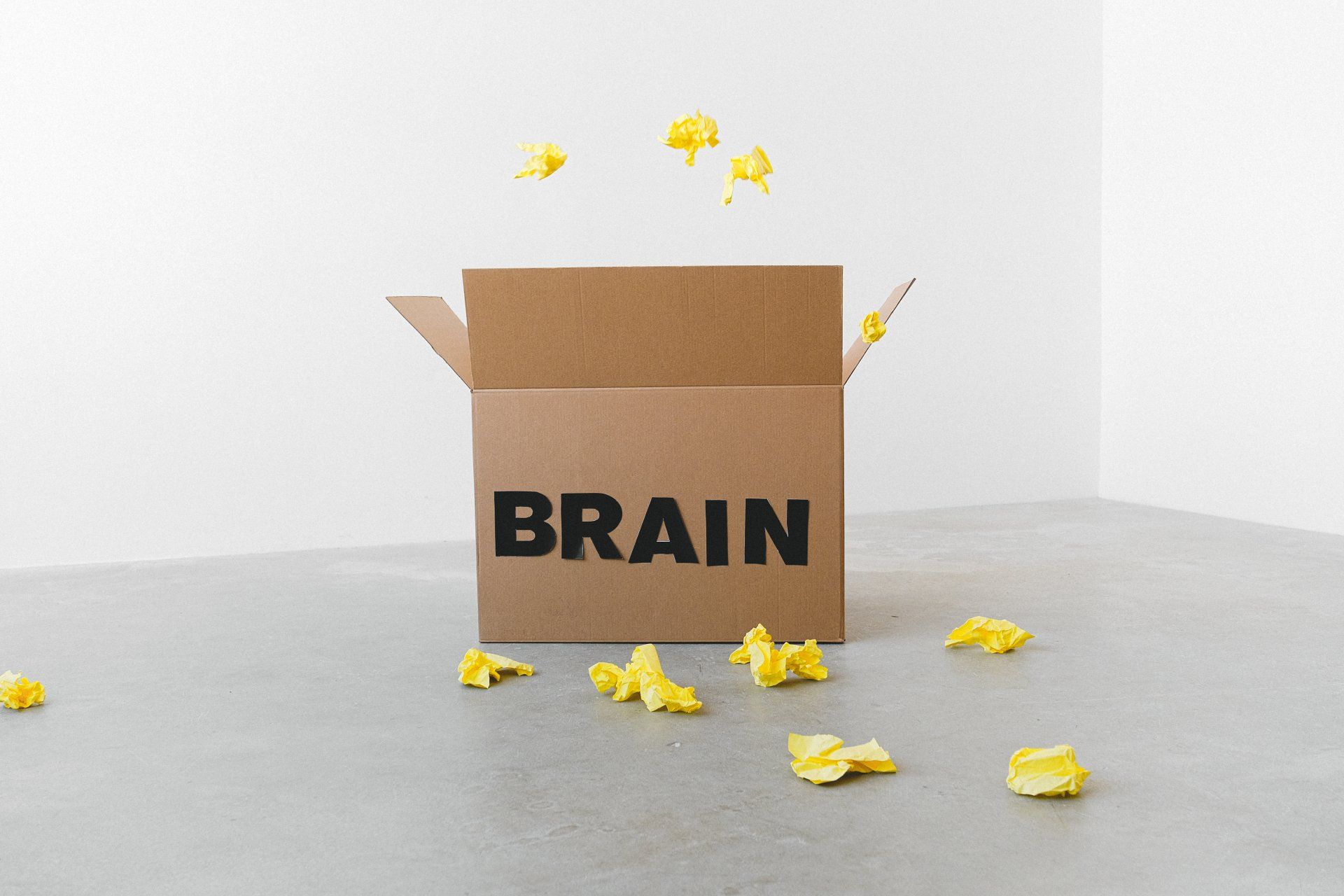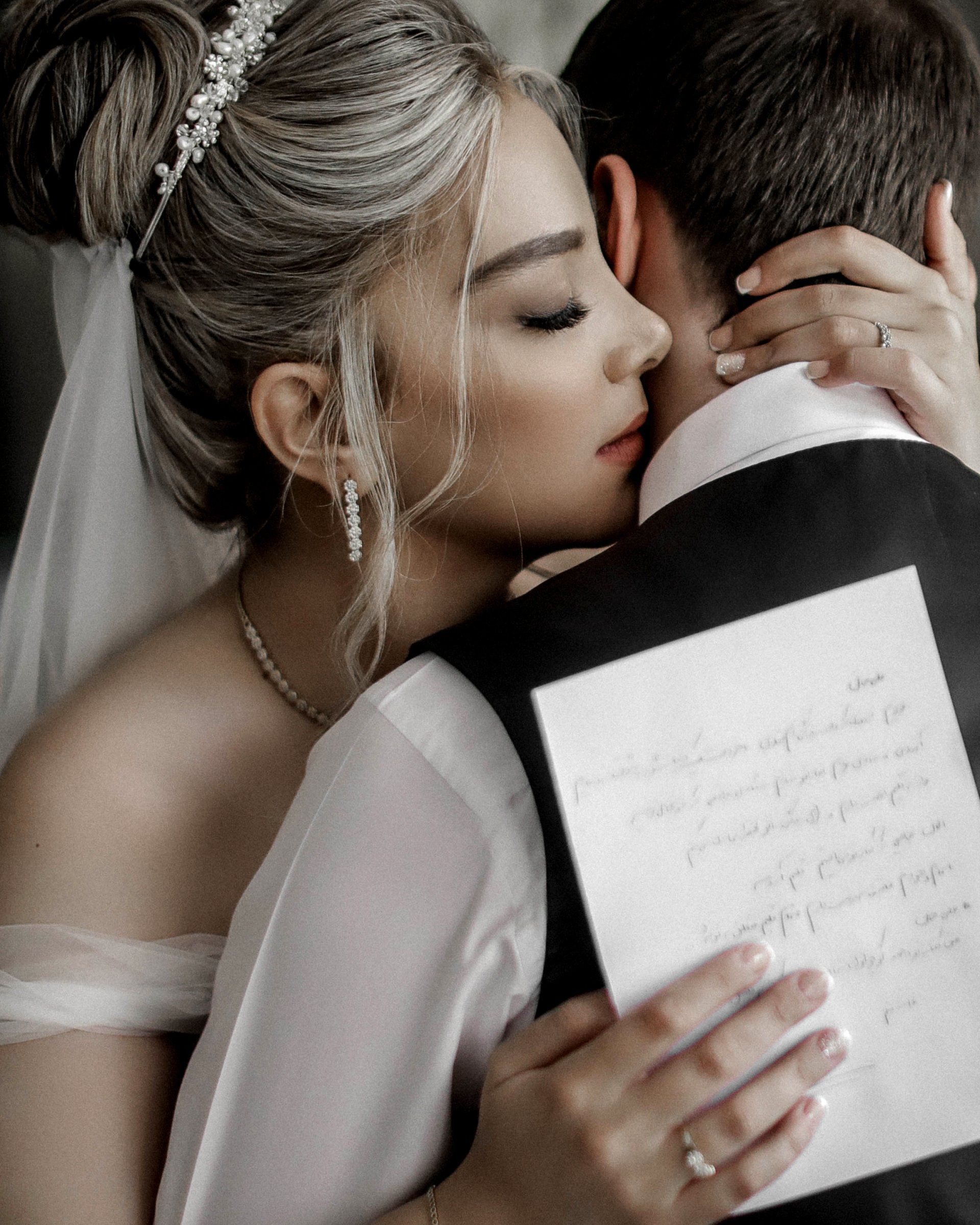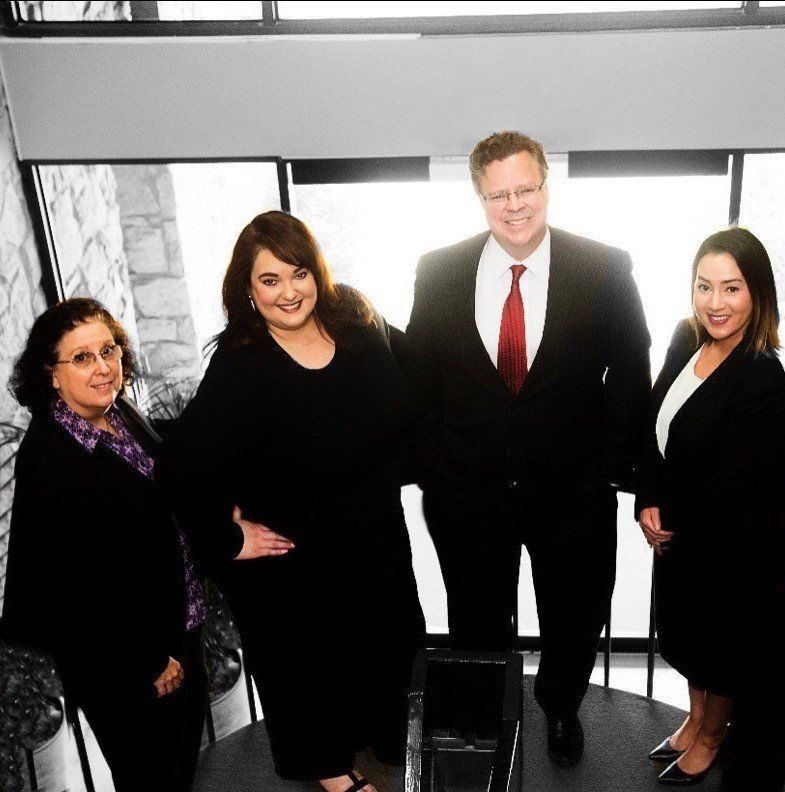Copyright Alternative in Small-Claims Enforcement Act (“CASE Act”)

Congress passed the Copyright Alternative in Small-Claims Enforcement Act (“CASE Act”), which directed the U.S. Copyright Office to establish the Copyrights Claims Board (CCB), a voluntary, alternative tribunal to the district court for copyright owners to resolve disputes valued under $30,000. The CCB board established by the CASE Act provides a voluntary, alternative forum to federal court for parties to seek resolution of copyright disputes that have a low economic value. The CCB is the equivalent of a small claims court for copyright claims.
The CCB does not displace or limit the ability to bring small copyright claims in federal court; however, it creates a new accessible venue for smaller copyright claimants who want to avoid the cost of traditional copyright infringement litigation. The CCB can adjudicate copyright infringement claims, declarations of non-infringement, and misrepresentation claims under section 512(f) of the Copyright Act. Participation in the CCB is completely voluntary for all parties.
Impact of the Copyrights Claims Board (CCB) on Copyrights
The impact of CCB rulings while binding on the voluntary parties’ does not create precedential ruling in the traditional litigation sense. The CASE Act required the U.S. Copyright office to form and commence operations under the CCB on or before December 27, 2021.CCB will take a more liberal approach to copyright infringement by allowing litigation to occur simply after a party files a completed application, a deposit, and the required fee for registration with the U.S. Copyright Office. Final registration is not necessary to commence CCB litigation. As Congress explained, “[t]his process is intended to strike a balance between still encouraging timely registration of works with the promise of a higher damage’s caps [in federal court] with the reality that smaller creators may have numerous understandable reasons for not routinely engaging in the registration process.” H.R. Rep. No. 116-252, at 26. The CCB cannot hear a claim or counterclaim related to a copyrighted work for which the registration has been rejected.
Impact of the Copyrights Claims Board (CCB) on Copyrights
The CCB created by the CASE Act can hear one of three types of claims by copyright owners, as well as all defenses (like fair use) and counterclaims allowed in federal court:
- Infringement of filed (but not yet registered) copyrighted works;
- A declaration of non-infringement stating certain activity does not infringe a copyright owner’s exclusive rights;
- Recipients of a DMCA takedown notice (or counter-notice) can challenge a notice that contains some form of misrepresentation relating to the alleged infringing activity; and
- All Legal or equitable defenses under copyright law or that are otherwise available.
Is the CCB mandatory?
The CCB is not mandatory and totally voluntary by each party. It is strictly for small claims involving copyright infringement when no party is seeking more than $30,000 in total relief. This includes claims of infringement, claims for declaration of noninfringement (when a party accused of infringement wants a legal statement that they are not liable for infringement), and claims regarding misrepresentations when filing a notice to take down material under the Digital Millennium Copyright Act. Importantly, the CCB has the ability to dismiss my claim or counterclaim before making a final determination for one or more of the following reasons:
- A claimant does not provide appropriate notice to the opposing party;
- A claimant unjustifiably misses one or more deadlines;
- An opposing party opts out of participation;
- An inability to join all necessary parties;
- Inability to secure essential witnesses, evidence, or expert testimony; and
- The Copyright Office refuses to register the work at issue in the case (i.e. a determination was made that the material is not copyrightable).
What type of relief will be available through the CCB?
The CCB will be able to award up to $30,000 in total damages in any one proceeding, regardless of the number of works at issue. The CCB will be able to award either actual or statutory damages, based on what the party seeking damages requests.
For actual damages, the amount will depend on the evidence provided during the proceeding and can be up to $30,000 for a single work (though there is still a $30,000 cap overall). For statutory damages, the CCB will be able to award up to $15,000 per work. A statutory cap on damages of $7,500 per work will be placed on any work not registered within the timeframes established in section 412 of the Copyright Act.
Can the CCB issue an Injunction?
The CCB will be able to issue an order for one party to stop engaging in certain activities when both parties consent.
Estimated Cost to File a Claim with the CCB
The Copyright Office has not yet determined the exact filing fees for the CCB. The CASE Act does require that any fee set be at least $100, but no more than the cost of filing a claim in federal district court (around $600 or so).
The CCB will be able to require bad faith parties to pay the other party’s reasonable costs and attorneys’ fees. Generally, the cap on costs and attorneys’ fees will be $5,000, but the limit will be lowered to $2,500 if the other party is not represented by an attorney. Additionally, the CCB will be able to award a higher amount in costs and attorneys’ fees in extraordinary circumstances.
Appeals from a Decision Rendered by the CCB
Importantly, you will be able to ask the Copyright Office or a federal court to review a CCB decision. Although we suggest you seek legal advice for an appellate issue, below are some of the possible reasons an appeal may be granted:
- The decision includes a technical mistake or a clear legal or factual error that is material to the decision;
- If after a request for reconsideration directed to the CCB if denied, the Register of Copyrights may review the decision to see if the CCB abused its discretion when denying the request for reconsideration;
- File a request to vacate, modify, or correct a CCB determination with a federal district court if (1) the determination was issued as a result of fraud, corruption, misrepresentation, or other misconduct, (2) the CCB exceeded its authority or failed to issue a final determination, or (3) in the case of a default or failure to prosecute, excusable neglect was the cause of the default or failure to prosecute
Wilson Legal Group P.C.
d/b/a Wilson Whitaker Rynell
(972) 248-8080 (Dallas) MAIN OFFICE
(713) 830-2207 (Houston) Appointment Only
(512) 691-4100 (Austin) Appointment Only
For more information on how we can assist in your intellectual property, commercial litigation, or other personal needs, let us know how we can help you:
Contact Us - Main Page
We will get back to you as soon as possible.
Please try again later.
Disclaimer:
This form does not establish an attorney-client relationship, and should only be used to contact the firm about scheduling a call or meeting. No confidential or sensitive information should be sent using this form.
The law office of Wilson Legal Group P.C. (d/b/a Wilson Whitaker Rynell) represents clients nationwide, including Dallas, Austin, Houston, and other Texas areas such as Fort Worth, Arlington, Carrollton, Plano, Allen, Lewisville, Flower Mound, Irving, Denton, McKinney, North Richland Hills, and all cities within Dallas County, Tarrant County, Collin County, and Denton County.
SERVICES
OFFICES
ABOUT
CONTACT
BLOG
JOIN OUR NEWSLETTER
Wilson Whitaker Rynell
16610 Dallas Parkway, Suite 1000
Dallas, Texas 75248
972-248-8080 (MAIN)
972-248-8088 (FAX)
info@wrrlegal.com (E-MAIL)














